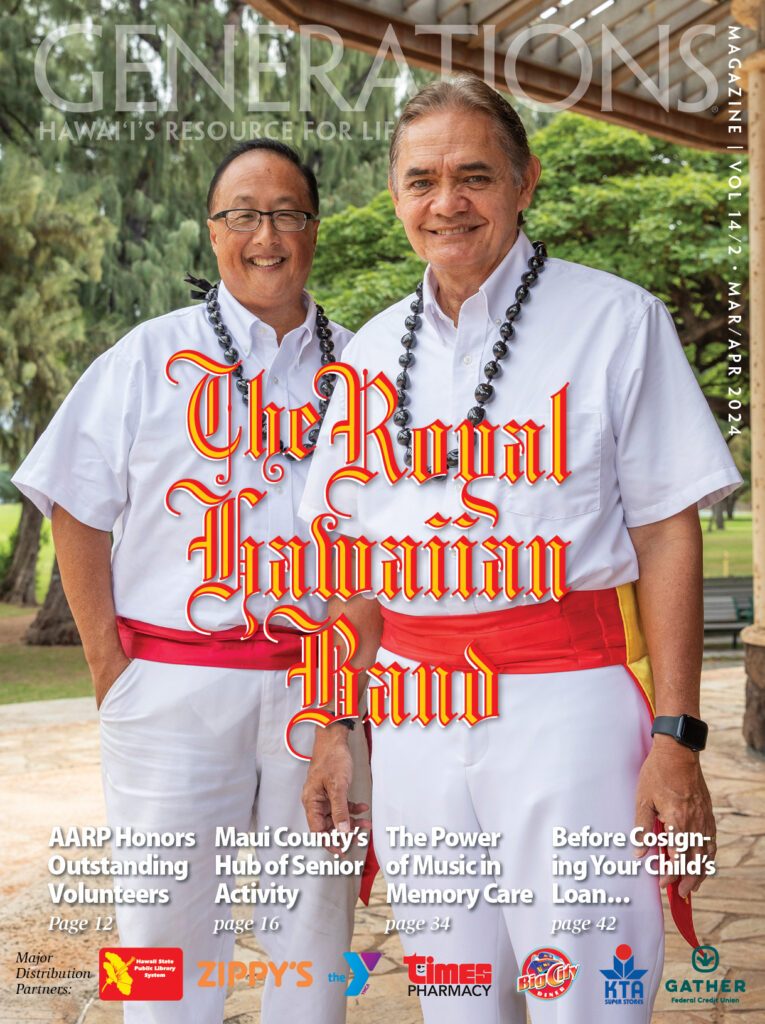Some change in memory is normal as we grow older, but the symptoms of Alzheimer’s disease are more than simple lapses in memory. People with Alzheimer’s have difficulties communicating, learning, thinking, and reasoning—problems severe enough to impact on an individual’s work, social activities and family life.
This list can help you recognize the warning signs of Alzheimer’s:
1. Memory changes that disrupt daily life:
One of the most common signs of Alzheimer’s is memory loss, especially forgetting recently learned information. Others include forgetting dates or events; asking for the same information over and over; relying on memory aides or family members for things they used to handle on their own.
2. Challenges in planning or solving problems:
A person may find it hard to develop and follow a plan or work with numbers. They may have trouble following a familiar recipe, keeping track of monthly bills, concentrating or take much longer to do things.
3. Difficulty completing familiar tasks at home, at work or at leisure:
A person may find it hard to complete daily tasks, such as driving to a familiar location, managing a budget or remembering the rules of a favorite game.
4. Confusion with time or place:
A person can lose track of dates, seasons and the passage of time. They may have trouble understanding something if it is not happening immediately. Sometimes they may forget where they are or how they got there.
5. Trouble understanding visual images and spatial relationships:
For some people, having vision problems is a sign of Alzheimer’s. They may have difficulty reading, judging distance and determining color or contrast. In terms of perception, they may pass a mirror and think someone else is in the room. They may not realize they are the person in the mirror.
6. New problems with words in speaking or writing:
A person may have trouble following or joining a conversation. They may stop in the middle of a conversation and have no idea how to continue or they may repeat themselves. They may struggle with vocabulary, have problems finding the right word or call things by the wrong name (e.g., calling a “watch” a “hand-clock”).
7. Misplacing things and losing the ability to retrace steps:
A person may put things in unusual places. They may lose things and be unable to go back over their steps to find them again. Sometimes, they may accuse others of stealing.
8. Decreased or poor judgment:
A person may experience changes in judgment or decision-making. For example, they may use poor judgment when dealing with money, giving large amounts to telemarketers. They may pay less attention to grooming or keeping themselves clean.
9. Withdrawal from work or social activities:
A person may start to remove themselves from hobbies, social activities, work projects or sports. They may have trouble keeping up with a favorite sports team or remembering how to complete a favorite hobby.
10. Changes in mood and personality:
The mood and personalities of people with Alzheimer’s can change. They can become confused, suspicious, depressed, fearful or anxious. They may be easily upset at home, at work, with friends or in places where they are out of their comfort zone.
If you recognize any warning signs in yourself or a loved one, the Alzheimer’s Association recommends consulting a physician. Early diagnosis is an important step in getting treatment, care and support services. To contact the Alzheimer’s Association, call (800) 272-3900 or visit www.alz.org/hawaii.

